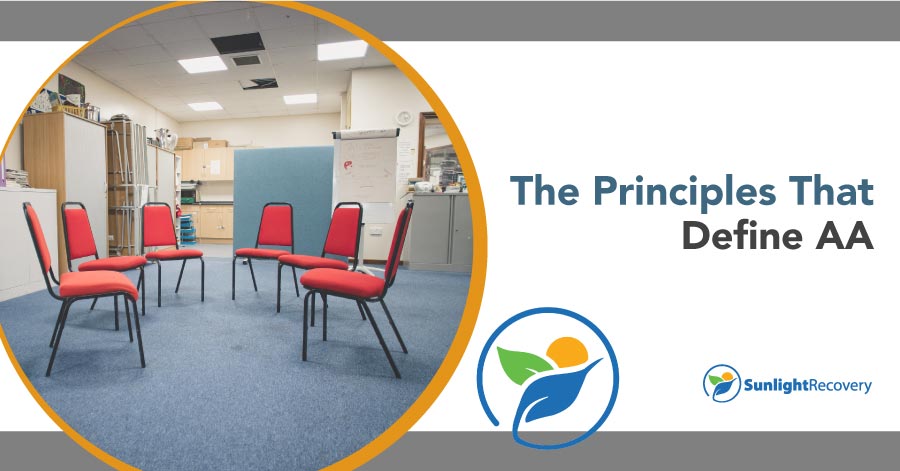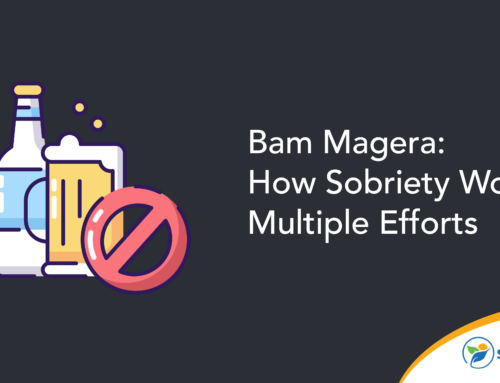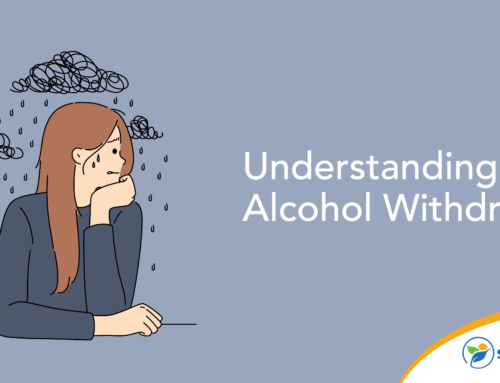Alcoholism affects millions of people each year and can have detrimental consequences if left untreated. Walking the road to recovery takes time and effort. There is no easy solution, but committing to the 12 AA Principles and 12 Steps can give you a solid path to begin the journey to sobriety. Keep reading to learn more about the AA Principles and how they have helped many people break free from the shackles of alcoholism.
What Are the AA Principles and How Do They Relate to the 12 Steps?
Honesty
Step 1: “We admitted that we were powerless over alcohol — that our lives had become unmanageable.”
Honesty in the AA principles goes hand in hand with the first step. Admitting that alcohol has made your life unmanageable is the beginning of the recovery process. By being honest about the power alcohol has over your life, you can begin to break free from its hold on you. You must accomplish this through an honest examination and self-reflection.
Hope
Step 2: “Came to believe that a power greater than ourselves could restore us to sanity.”
The second step is about finding faith in a power higher than yourself. By doing this, you can find hope at the darkest moments of your recovery journey. No matter how trying things may get, hope will always be there to guide you and bring you back to sanity and clarity.
Surrender
Step 3: “Made a decision to turn our will and our lives over to the care of God as we understood him.”
After finding hope through the second step, you can surrender yourself to that higher power and begin to focus your attention outward.
Courage
Step 4: “Made a searching and fearless moral inventory of ourselves.”
It takes a great deal of courage to face your past mistakes and regrets and to confront them head-on. With this courage, you can take an inventory of your life’s mistakes, so you can begin to start fresh and recover from the pain left by your past.
Integrity
Step 5: “Admitted to God, to ourselves, and to another human being the exact nature of our wrongs.”
Having integrity means taking your moral inventory of past mistakes and owning them. This means admitting your wrongs not only to a higher power and yourself but to other members, as well.
Willingness
Step 6: “We’re entirely ready to have God remove all these defects of character.””
In this step, you must be willing to allow a higher power to take away the character flaws that made you turn to alcohol. By doing this, you can begin to move forward on the road to sobriety.
Humility
Step 7: “Humbly ask him to remove our shortcomings.”
When you are humble, you can see the bigger picture and realize there is more to it than you and your desires. This humility will allow you to ask God to take away your defects and shortcomings.
Love
Step 8: “Made a list of all the persons we had harmed and became willing to make amends to all of them.”
Love means having empathy for all the people you have harmed around you, either directly or indirectly. It takes a great deal of compassion to make amends with those who you have wronged in the past.
Responsibility
Step 9: “Made direct amends to such people wherever possible, except when to do so would injure them or others.”
Taking responsibility for your past mistakes means facing the way your choices have impacted those around you and making amends with them, so long as they cannot cause further harm.
Discipline
Step 10: “Continued to take personal inventory and when we were wrong promptly admitted it.”
Walking the path of sobriety means taking inventory of your life on a regular basis. It takes a great deal of discipline to admit your shortcomings and own up to them. Having discipline will allow you to live one day at a time and change the things that are in your control.
Awareness
Step 11: “Sought through prayer and meditation to improve our conscious contract with God as we understood Him, praying only for knowledge of His will for us and the power to carry that out.”
It takes awareness and focus on a daily basis to keep moving forward in recovery. When you are aware of your path and God’s purpose for you, you can better navigate through life’s problems without turning to alcohol.
Service
Step 12: “Having had a spiritual awakening as the result of these steps, we tried to carry this message to alcoholics, and to practice these principles in all our affairs.”
The AA 12 Step Principles culminate in step 12, where you are able to share your knowledge with others who are starting on their journey to sobriety.
Where Do the Principles of AA Come From?
The AA 12 Step Principles come from The Big Book. Originally written in 1939, The Big Book contains writings of recovering alcoholics to help others find sobriety. It remains a staple of Alcoholics Anonymous groups throughout the world.
Importance of Integrating the Principles of AA
The AA 12 Step Principles are a set of virtues that have helped many people reach and maintain sobriety throughout the years. People who work the steps and integrate the principles into their daily lives have walked the path of sobriety and continue to do so every day.
The Value of the Principles of AA
Starting recovery and taking control of your life isn’t easy. It takes a lot of courage and honesty and can only be done one day at a time. The 12 AA Principles act as daily reminders that you are on the right path, no matter how difficult things may seem. They are beacons that can help guide you and give you focus on your journey to sobriety.
To learn more about the Alcoholics Anonymous program and Sunlight Recovery, contact us today. Our compassionate and knowledgeable staff is here to help you take your first steps toward recovery.







